Latest Blogs
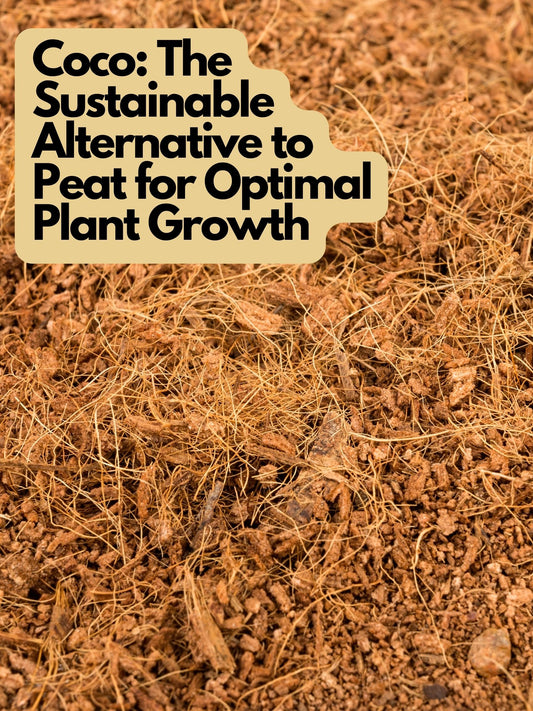
Coco: The Sustainable Alternative to Peat for O...
Coco coir, derived from coconut husks, is an eco-friendly and sustainable alternative to peat as a growing media for plants. Unlike peat, which is extracted from delicate wetland ecosystems, coco...
Coco: The Sustainable Alternative to Peat for O...
Coco coir, derived from coconut husks, is an eco-friendly and sustainable alternative to peat as a growing media for plants. Unlike peat, which is extracted from delicate wetland ecosystems, coco...
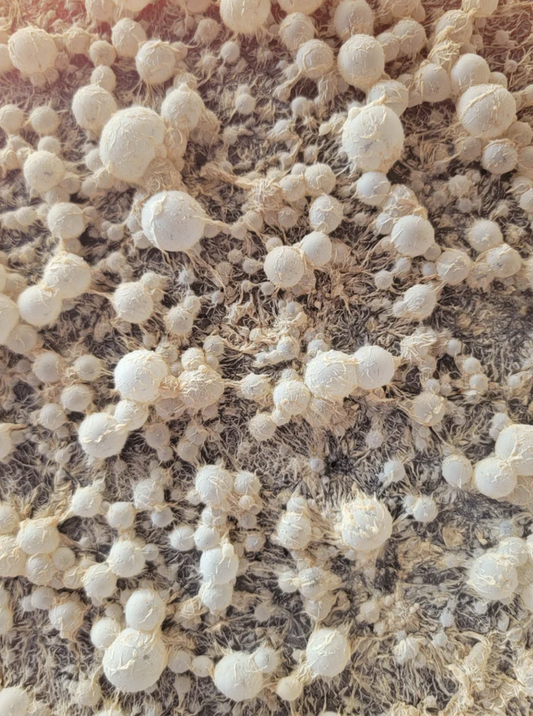
Harnessing the Power of Lactobacillus : Lacto-F...
Lacto-fermentation with is an ancient preservation technique that has found a new application in gardening. This process involves the conversion of plant extracts into potent fertilizers by beneficial bacteria. Lactobacillus...
Harnessing the Power of Lactobacillus : Lacto-F...
Lacto-fermentation with is an ancient preservation technique that has found a new application in gardening. This process involves the conversion of plant extracts into potent fertilizers by beneficial bacteria. Lactobacillus...
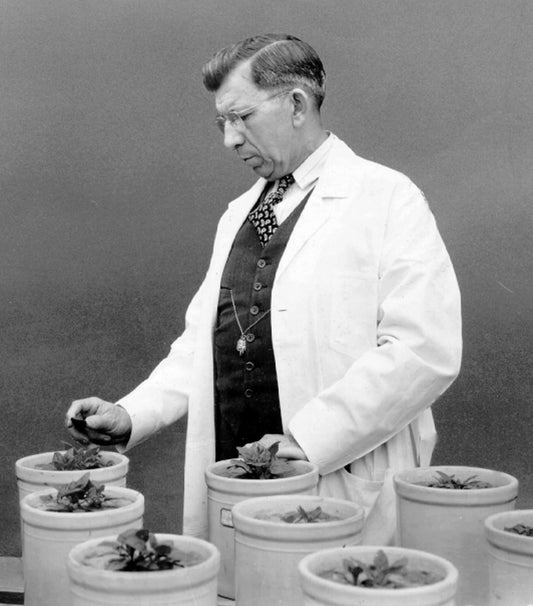
Unveiling the Wisdom of William Albrecht: Soil ...
Unveiling the Wisdom of William Albrecht: Soil Balancing and the Albrecht Papers When it comes to cultivating a thriving garden, one name that stands out is William Albrecht. This...
Unveiling the Wisdom of William Albrecht: Soil ...
Unveiling the Wisdom of William Albrecht: Soil Balancing and the Albrecht Papers When it comes to cultivating a thriving garden, one name that stands out is William Albrecht. This...
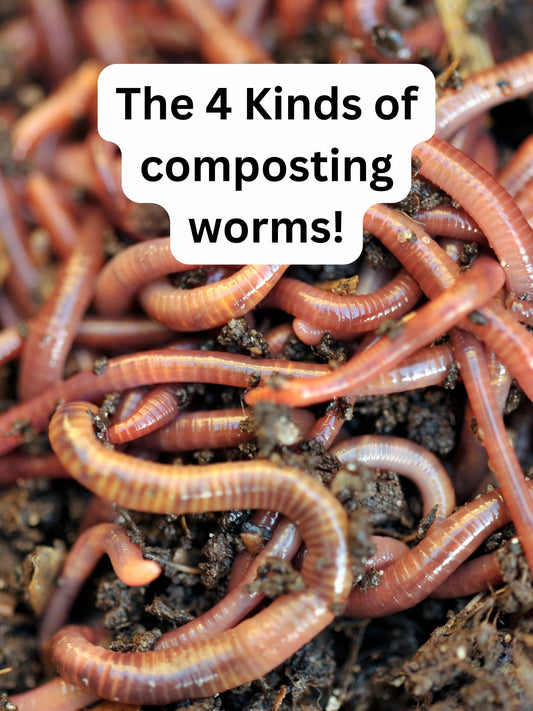
The 4 different types of Composting Worms
Composting worms are a vital component of vermicomposting, which is the process of using worms to convert organic waste into nutrient-rich compost. There are several types of worms that are...
The 4 different types of Composting Worms
Composting worms are a vital component of vermicomposting, which is the process of using worms to convert organic waste into nutrient-rich compost. There are several types of worms that are...
Aerobic Fermentation of BioVast Vermicompost wi...
The importance of microbial populations in your soil is crucial for many functions surrounding plant growth. In organic cultivation systems, beneficial microorganisms are the foundation of nutrient cycling and nutrient...
Aerobic Fermentation of BioVast Vermicompost wi...
The importance of microbial populations in your soil is crucial for many functions surrounding plant growth. In organic cultivation systems, beneficial microorganisms are the foundation of nutrient cycling and nutrient...
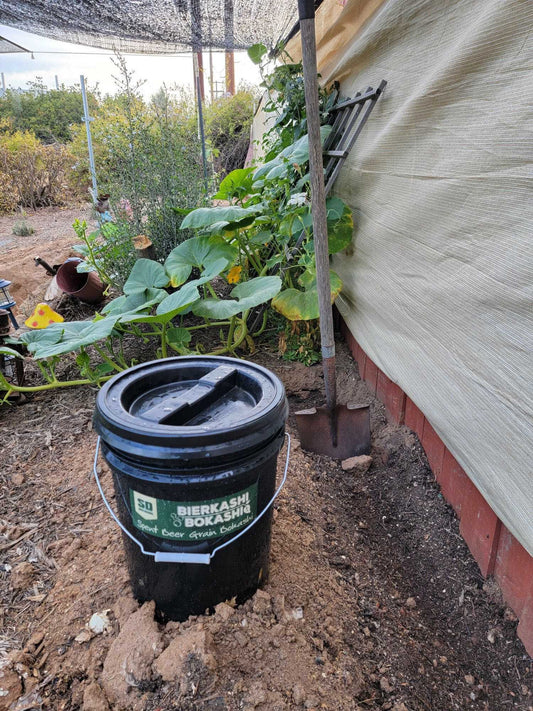
How to Add Organic Matter to your Soil with Bok...
One way you can add organic matter to your native soil is by adding the broken down food scraps left over from your bokashi composting bucket. In this post, we’ll...
How to Add Organic Matter to your Soil with Bok...
One way you can add organic matter to your native soil is by adding the broken down food scraps left over from your bokashi composting bucket. In this post, we’ll...